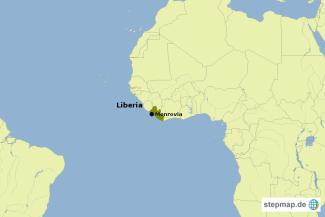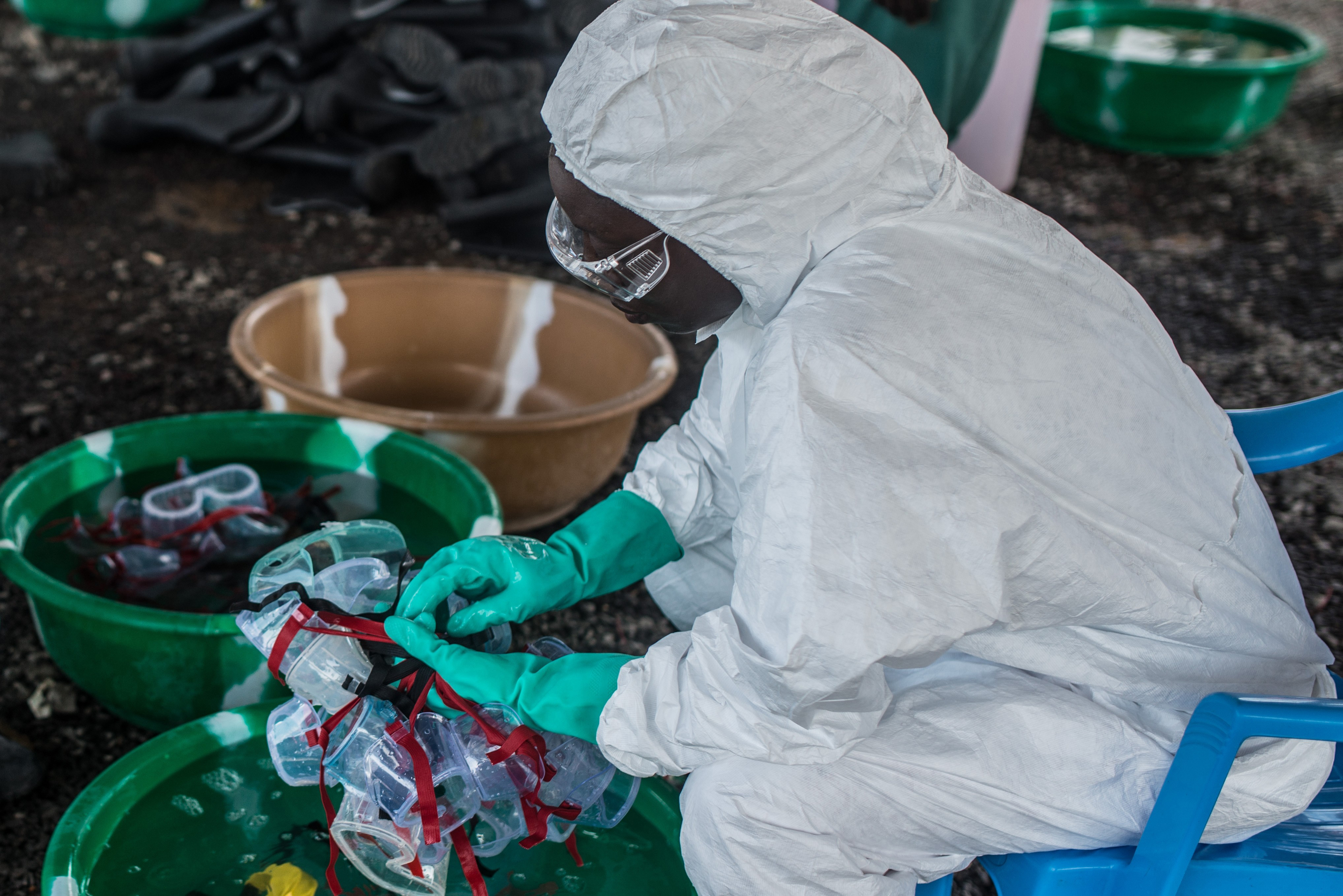Legislation
Promoting local ownership

Land grabbing is a serious problem in many developing countries. People are driven away from their homes and deprived of their livelihoods. The underlying reason is that governments aim to “fast-track” agricultural development, promoting land-related private investments and neglecting customary rights. As a result of such misguided policymaking, displaced people may even require humanitarian assistance.
Land grabbing occurs in complex settings, marked by many actors with diverging interests. Taking account of such complexity, Welthungerhilfe’s “Land for Life” programme, which is supported by Germany’s Federal Ministry for Economic Cooperation and Development (BMZ), promotes multi-stakeholder partnerships for land governance. The idea is to involve government agencies, civil-society organisations, private-sector businesses and scholars in dialogue in order to open up spaces for joint learning and new ideas. The “Land for Life” approach is innovative in the sense of not working towards a predetermined result. Instead, it is geared to enabling stakeholders to develop long-term solutions of their own, based on a shared assessment of challenges and opportunities. Acknowledging existing power imbalances, Welthungerhilfe in particular supports local communities and their representatives to raise their voices and claim their rights.
Many Liberian civil-society organisations have joined forces in the Civil Society Working Group on Land Rights, which had a strong impact on the recently passed land legislation.
The national campaign was supported by international partners, including the International Land Coalition, Oxfam, Welthungerhilfe and others. It was a good example of how timely and flexible international support can strengthen the voice of national actors and provide funding for them to use creatively. Of course, such campaign must always be led by civil-society organisations of the country concerned.
The new law was only passed in September 2018, so its impacts remain to be seen. International experience shows that good laws are not always enforced well. First lessons from the “Land for Life” programme indicate that it takes a lot of time to involve many stakeholders and build trust. However, solutions reached in inclusive and consultative processes tend to be sustainable and have the potential to be transformative. From this perspective, the new Land Rights Act seems very promising because it resulted from broad-based popular participation. Moreover, there is a very active civil society whose activists will continue to engage with all stakeholder to ensure its implementation. With BMZ funding, the Land for Life programme supports similar initiatives in Sierra Leone, Burkina Faso and Ethiopia.
Constanze von Oppeln is programme manager for the “Land for Life” programme at Welthungerhilfe’s head office in Bonn.
constanze.vonoppeln@welthungerhilfe.de











